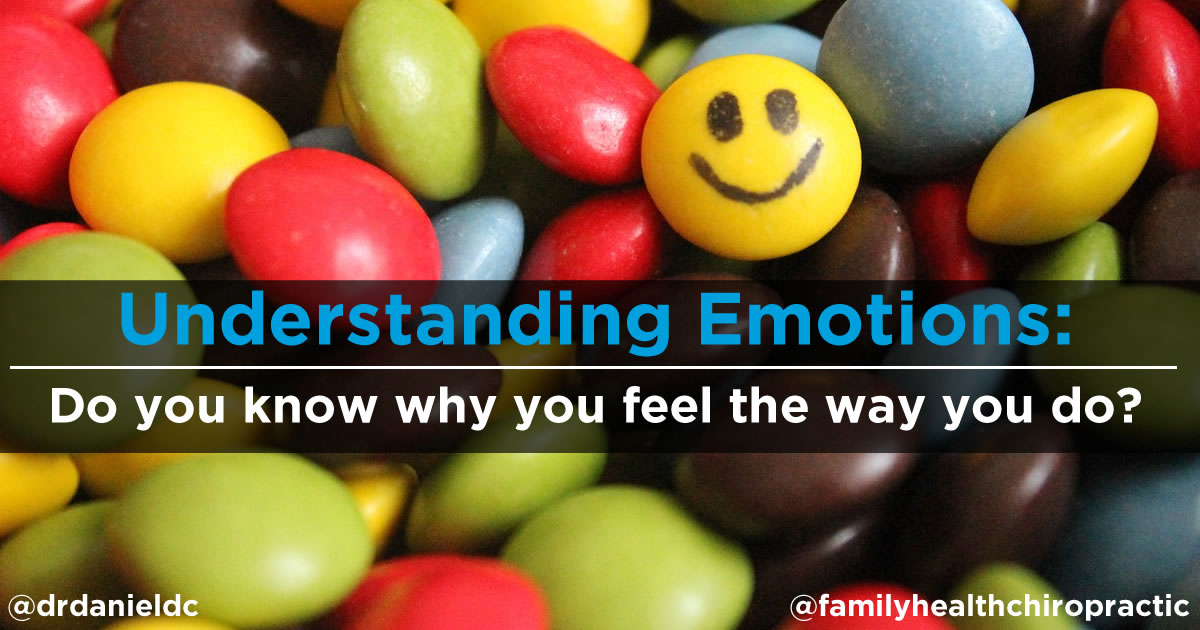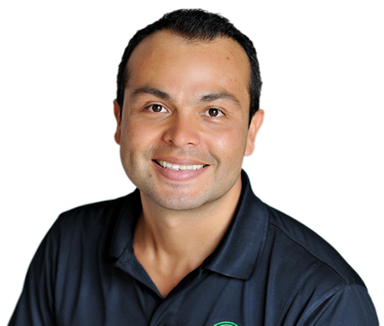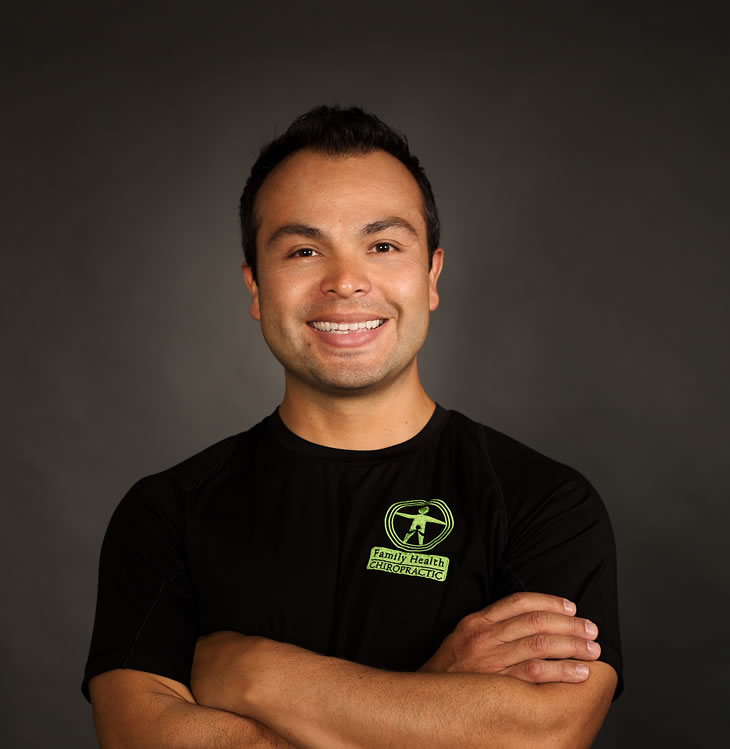I realize It's no secret that we are currently in an age of emotional unrest.
There's drug addiction, alcoholism, violence in every corner, passive aggressiveness is on the rise (especially on social media) and the overuse and outright abuse of prescription drugs designed to numb our minds of emotional anguish and physical pain continue to pose major problems in our society.
All that said…the only addiction that we all have in common, is that of connection and love. Every human craves it and regardless of what they think, needs it.
Everything else is simply a placebo or attempt to get more of it. And if you don't have a strong connection with yourself. If you lack the ability to interpret your own emotions and feelings, then you will find it harder and harder to connect with those around you.
It's this slow, steady separation of connection that is worrisome.
It's easy to take a step back and look around at what's happening in our country right now and to see the rage and unrest, the lack of connection that is fizzing and bubbling up into acts of terror, violence, passive aggressiveness and the out right nastiness between each other.
We need to focus on emotional health and intelligence now more than ever
The recent rise or increases in mass shootings is just another “symptom” of a greater problem we are having.
Regardless of how good someone may have it, regardless of how much money or how “sane” they may seem… the lack of personal and social connection we're currently experiencing is dangerous.
Emotions are central to our human experience.
We celebrate and embrace emotions of joy, gratitude, love, and awe while we do our best to avoid the pain of emotions such as anger, jealousy, sadness, and grief.
Some people categorize emotions as either positive or negative, yet regardless of the label, each emotion plays an important role in connecting us with our human experience.
Emotions are simply messengers. In her book, The Language of Emotions: What your feelings are trying to tell you, Karla McLaren writes,
“Emotions alert us to specific trouble, and they do so without any subterfuge. If we’re aware enough to listen to them – if our attention is focused and our minds are centered – our emotions will be able to contribute exactly what we need to move into and then out of any trouble imaginable. When we become able to hear and respond to our emotions effectively, we become able to understand the deepest language of our souls. With the support of our fully awakened emotions, those unceasing and abundant energies, we’ll be adequate to any situation, any issue, or any trauma.”
There is mounting scientific evidence on the impact of our emotions and health. We now know that emotions and self-talk that date back even to our childhood can impact health status as adults.
We now know that the more adverse childhood events (known as your ACE score) you have, the higher the risk to your physical and emotional health.
An ACE score of 4 or more increases the likelihood of chronic pulmonary lung disease by 390%; hepatitis by 240%; depression by 460%; and suicide by 1,220%.
But we are all different in our capacities to handle these stressors.
It really comes down to Emotional Regulation vs Emotional Dysregulation.
Emotional Regulation is the ability to respond to the ongoing demands of experience(s) with the range of emotions in a manner that is socially tolerable and sufficiently flexible to permit spontaneous reactions as well as the ability to delay spontaneous reactions as needed.
In other words, your ability to handle shit that comes your way :)
Emotional Dysregulation on the other hand, is the lack of being able to handle shit that comes your way. It's not being able to understand what you're feeling, why you're feeling it and simply acting out in a manner that is not healthy.
What are the Symptoms of emotional dysregulation?
- Difficulty sleeping, insomnia
- Chronic fatigue, low energy, apathy
- Physical symptoms with no apparent cause
- Anger that is difficult to control
- Difficulty quieting the mind
- Obsessive-compulsive behaviors
- Loss of sexual desire
- Difficulty making decisions
- Brain fog or memory issues
- Difficulty tolerating social activity, the need to avoid others
- Erratic behaviors, easily agitated, mood swings
- Feeling overwhelmed, on the edge, or hopeless
- Racing thoughts
- Engaging in risky behaviors to relieve stress or numb
- Withdrawal or isolation from other people Increase in negative or difficult emotions
Do any of you reading this, have or experience the above listed symptoms? If so, and you are not working on your emotional health… you need to stop and pay attention to yourself.
You matter more than that!
Did you know that American Medical Association (AMA) states 80 percent of all health problems are stress related, and even the conservative Centers for Disease Control and Prevention (CDC) has stated that 85 percent of all diseases appear to have an emotional element?
What does that mean? It means that What we feel and how we feel matters.
The late and great Wayne Dyer said:
“The truth is that there is no actual stress or anxiety in the world; it's your thoughts that create these false beliefs. You can't package stress, touch it, or see it. There are only people engaged in stressful thinking.”
What he was trying to teach is that stress, like emotions (sad, happy, fear, anxiety, frustration, etc), is highly individualized and based on how we each interpret it. We all have different life experiences and our brains are all wired differently to interpret emotions and stressful stimuli differently.
The good news however, is that we can re-wire our brains and change how we interpret thoughts.
Most of us are familiar with the concept of stress, but few of us take the time to assess the various stressors in our lives or attempt to understand the underlying emotional triggers and internal conflicts that impact our well-being.
Your thoughts, feelings, and experiences form your beliefs.
And It is these beliefs that are often at the root of stressful moments.
How can you become more mindful of this process? How do you shift your subjective experience and create healthier physiologic responses?
Working Out and Working In
For years I have discussed the concept of not only working out (physical exercise) but working in (mental exercise).
Just like there are different forms of physical exercise (weight training, yoga, jogging, etc.) there are different forms of mental exercise.
Here are a few I recommend:
Gratitude
There is now tons of scientific research demonstrating that practicing gratitude on a regular basis can improve your overall health and sense of well-being. Studies have found that a gratitude practice can help you overcome traumatic events and increases your resilience, strengthens your immune system, lowers blood pressure, and reduces symptoms of illness, so you feel less bothered, supports you in taking better care of our health, improves your sleep and strengthens your relationships.
Self-Compassion
Research shows that people who practice self-compassion can cope better with stress than those who are more critical. This is a process where you reduce your tendency to catastrophize negative situations, experience anxiety following a stressor, and avoid challenging tasks for fear of failure. It's recognizing that we all suffer and that setbacks and difficulties will come our way and it's ok.
Writing
Expressive writing is the act of thinking about a traumatic or stressful event while also tuning into and expressing your emotions while writing. It provides structure for managing the anxious thinking and helps bring more organization to a person's mind.
Meditation
Of course I'm a big proponent of meditation. If you want to be a better runner, you need to run. If you want to lift heavier weight, you need to lift weights. If you want to have more control over your thoughts and brain, you should meditate.
Remember, your emotions interact with your physiology. How you interpret emotions will ultimately engage your stress response system in a positive or negative light.
Learn to recognize the signs of emotional distress and equip yourself with tools to move back into a state of harmony. If you're not already doing so, start incorporating the practices mentioned above.
They can be helpful in re-regulating our nervous system, reshaping our brains, and supporting the path back to wholeness.




